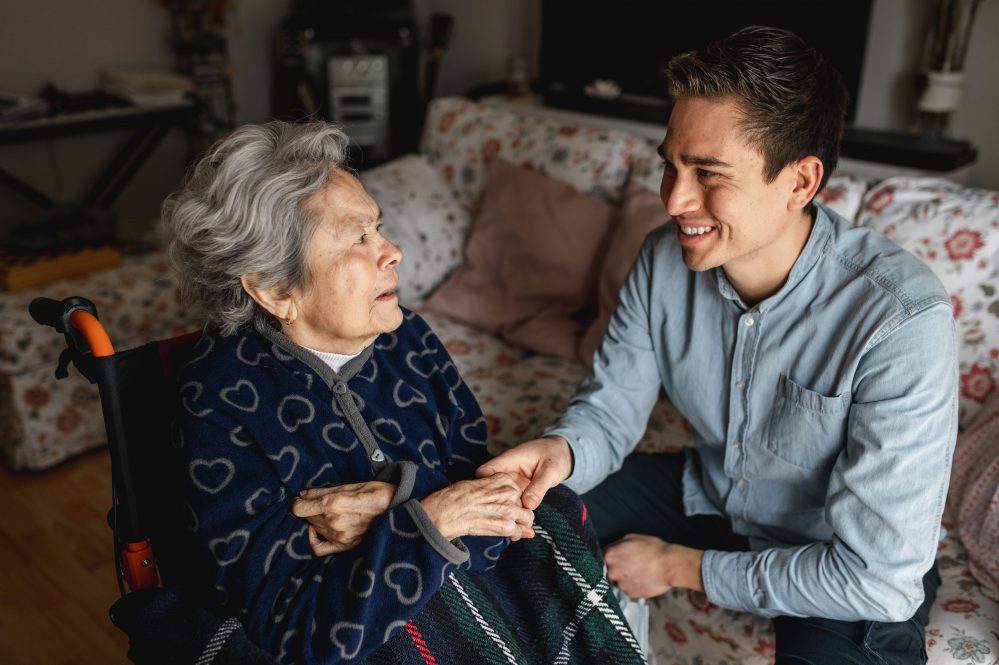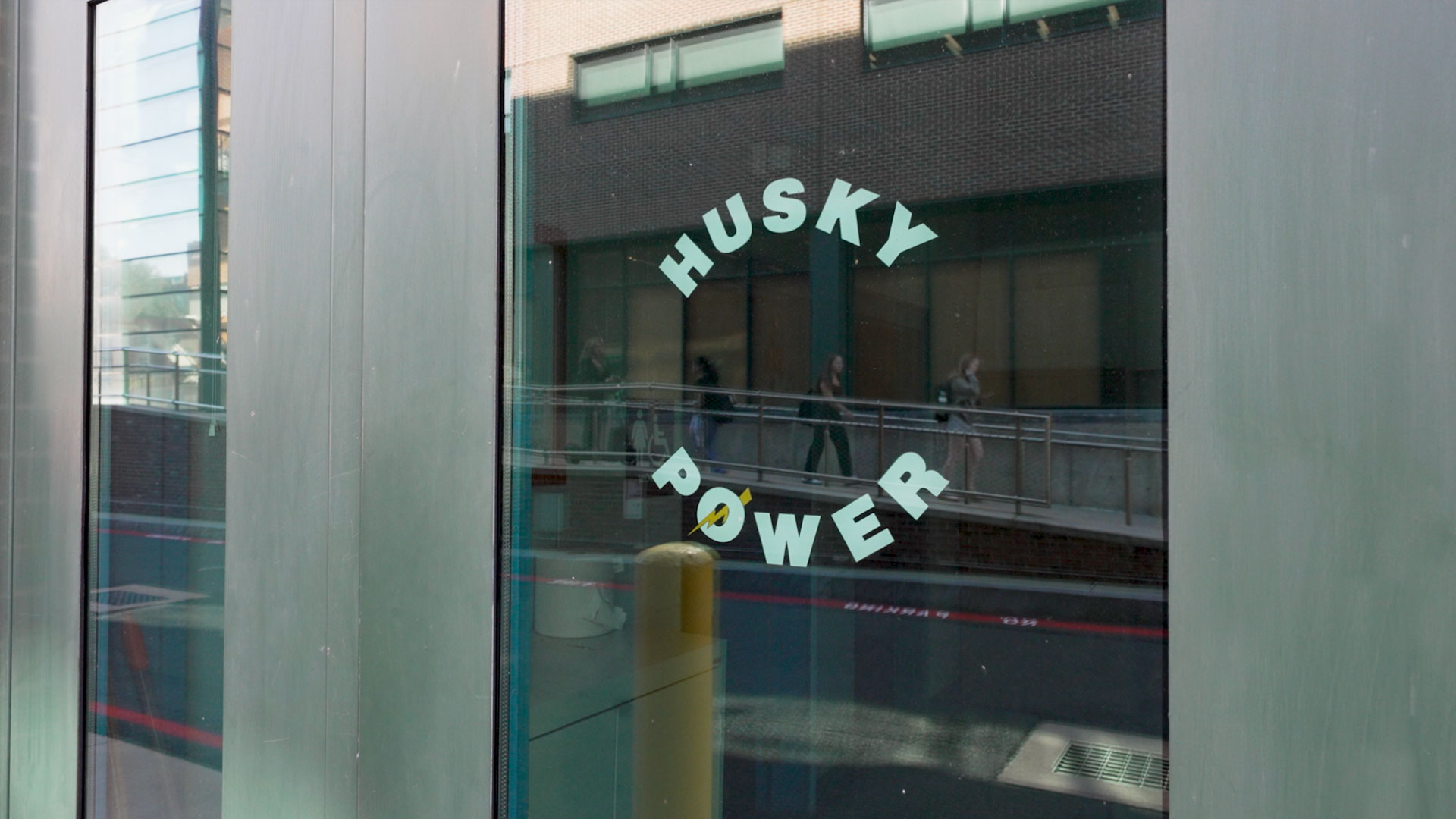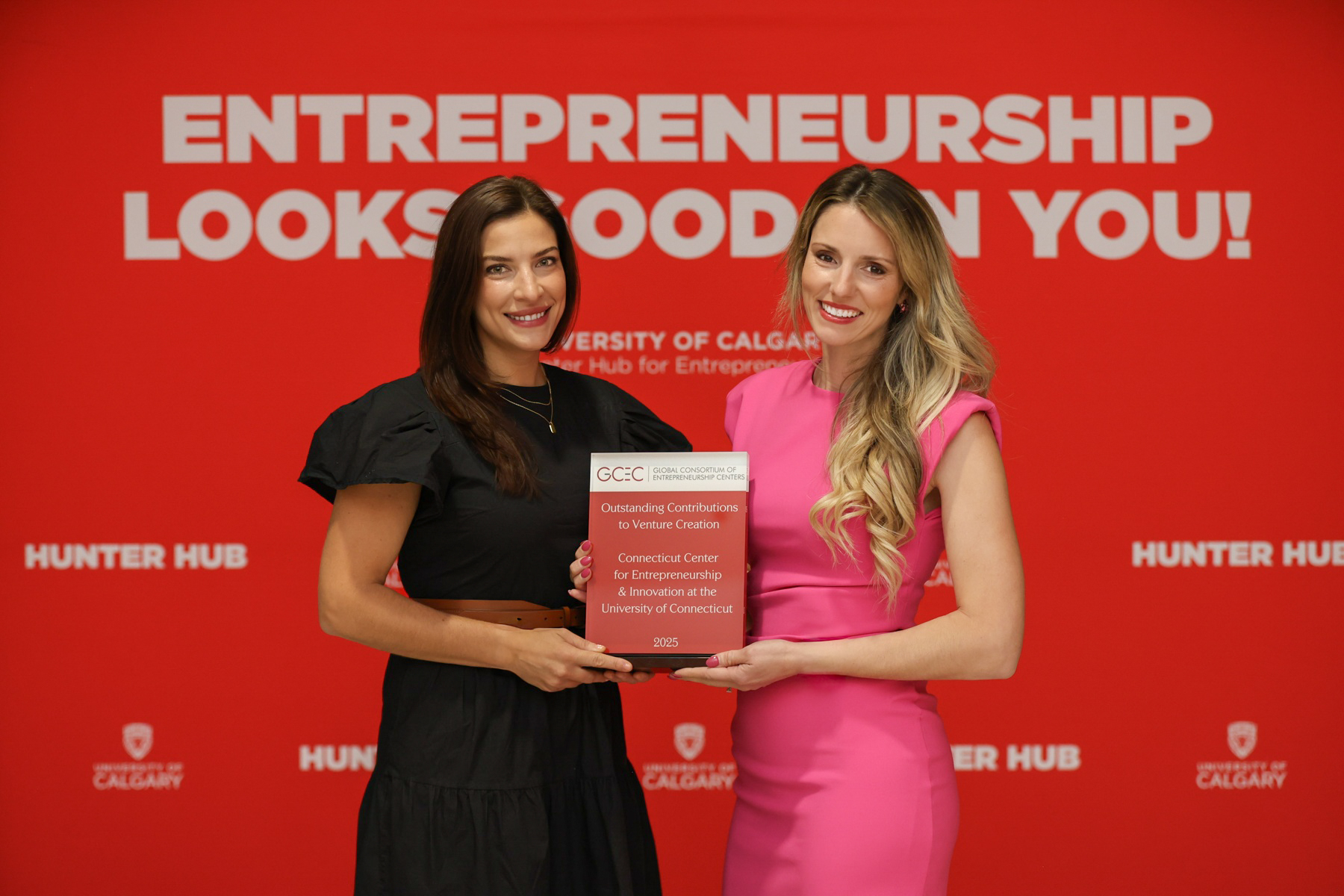When assistant professor of communication Amanda Cooper was in graduate school, her grandparents began to decline. She watched her large family, comprising of her father, his nine siblings, and 50 of her first cousins rally around her grandparents. Because their home was in the Idaho woods, near Yellowstone National Park, their distance from the hospital meant they needed round-the-clock care.
“It’s like a crazy storm hits your family,” she says. “Everyone is moving, and there’s all these pieces, and relationships are changing.”
Cooper witnessed her family members disagreeing on how to handle tough conversations. After her grandmother’s death, her grandfather would repeatedly ask where his wife was.
“My dad said he wouldn’t lie to him,” she says. “He’d say, ‘She’s dead. Stop asking.’”
But other family members didn’t want to take this approach, causing tension within the family.
That experience sparked a question that became the foundation of Cooper’s research. How can caregivers maintain a relationship with family members with dementia, while preserving their own sanity?
More than six million Americans are living with Alzheimer’s disease, the most common form of dementia, and many more live with other types of cognitive decline. The emotional labor of caregiving and the communication breakdowns that happen between patients and their loved ones has only recently become a topic of research.
Cooper’s new study reveals that people who invest in their relationships by regularly expressing love, talking about important topics, and spending time together, build what she calls relational reserves. These reserves help caregivers cope more effectively if a loved one begins to change due to dementia.
“The theory says, if I’ve built a strong relationship, I’ll have more resources to draw from when things get difficult,” Cooper says.
This hypothesis, however, contrasts with another theory: that the more invested you are in a relationship, the more devastating it is to lose. Cooper set out to look at this apparent contrast through a social science lens.
In her study, caregivers reported on their past relationships with loved ones; how much they felt like teammates, how often they engaged in affectionate or supportive behavior, and how they approached problems together. Then Cooper looked at how those same caregivers communicated now with their loved ones who had dementia.
I just want to help people find a way to keep the love, even when the memory fades.
She found that developing strong, loving relationships in the past led to more positive communication in the present, even in the face of memory loss or personality changes.
“One of the hardest things with the relational side of dementia is that, when it starts, you don’t know what’s going on,” says Cooper “You just think your family member is behaving weirdly, or you’re confused. Usually people get frustrated: they think, ‘I just had this conversation with you. Why are you asking me this again?’”
But caregivers who had what Cooper calls a “communal orientation,” or a belief that the caregiver and the person with dementia are in it together, were better able to adapt.
“If I view this person as my teammate, it shifts how I interact with them, even when they can’t give back in the same way anymore,” she says.
The study also found that caregivers who could mentally separate their loved one from the disease, or who saw the dementia as the cause of difficult behaviors rather than blaming the person, were better able to maintain a sense of compassion.
“I think sometimes we imagine that, once someone is diagnosed with dementia, their life is basically over,” Cooper says. “But that’s not true. People live with this for five, eight, even ten years. I’ve talked to so many caregivers who have a pretty rich and full life with their loved one, even through the difficulty.”
Cooper’s goal is to help families make the most of those years.
“I’m a big believer that we should live as much as we can until we die,” she says. “Often, scientific research just goes into a journal to other academics and dies there,” she said. “Research is almost useless if it doesn’t actually get to the right people who can use it.”
Her message to families navigating the rocky terrain of dementia is one of hope: it is possible to maintain connection, to adapt, to find meaning in caregiving.
“It’s hard. It’s messy. But it can also be beautiful,” says Cooper. “I just want to help people find a way to keep the love, even when the memory fades.”



